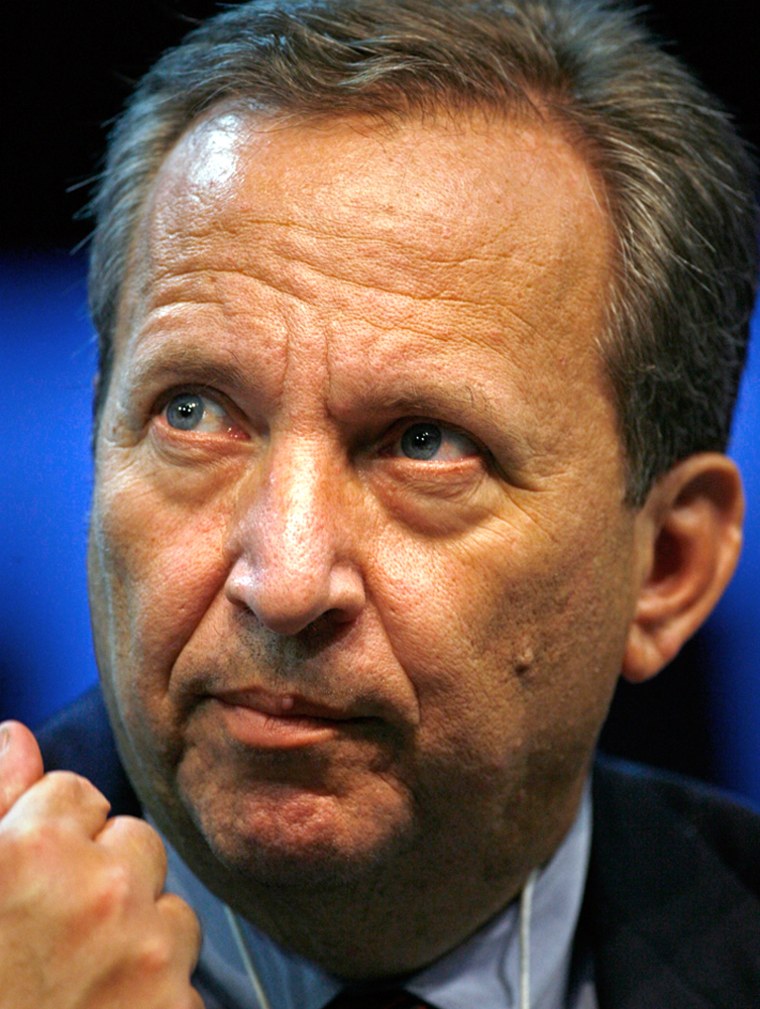Lawrence H. Summers is resigning as president of Harvard University at the end of the academic year, the school announced on its Web site Tuesday.
Summers’ resignation ends the briefest tenure of any Harvard president since 1862, when Cornelius Felton died after two years in office.
The announcement comes a week before an expected no-confidence vote by the Harvard faculty, who have criticized Summers leadership style and comments about women in science.
“I have reluctantly concluded that the rifts between me and segments of the Arts and Sciences faculty make it infeasible for me to advance the agenda of renewal that I see as crucial to Harvard’s future,” Summers wrote in a letter posed on Harvard’s Web site. “I believe, therefore, that it is best for the University to have new leadership.”
Last year, Summers suggested that innate gender differences between the sexes might explain the few women in science and math.
The comments prompted a 218-185 no confidence vote from Harvard’s Faculty of Arts and Sciences last March. Faculty votes are symbolic because the seven-member Harvard Corporation has sole authority to fire the university’s president.
Another no confidence vote was scheduled for Feb. 28. It was called following the resignation of Faculty of Arts and Sciences Dean William Kirby. Some faculty believe he was pushed out by Summers, though Kirby has said the decision was mutual.
Derek Bok, Harvard’s president from 1971 to 1991, will serve as interim president of the University from July 1 until the conclusion of the search for a new president.
Summers, a former U.S. Treasury secretary in the Clinton Administration, was a prominent economist when he became Harvard’s 27th president after Neil L. Rudenstine announced in May 2001 his resignation after nearly a decade.
The New Haven, Conn., native received his undergraduate degree from the Massachusetts Institute of Technology in 1975 and a Ph.D. from Harvard in 1982.
He taught at MIT from 1979 to 1982 and then served as a domestic policy economist on President Reagan’s Council of Economic Advisers until 1983.
After leaving Washington, he became a professor of economics at Harvard. He was the World Bank’s chief economist from 1991 to 1993.
